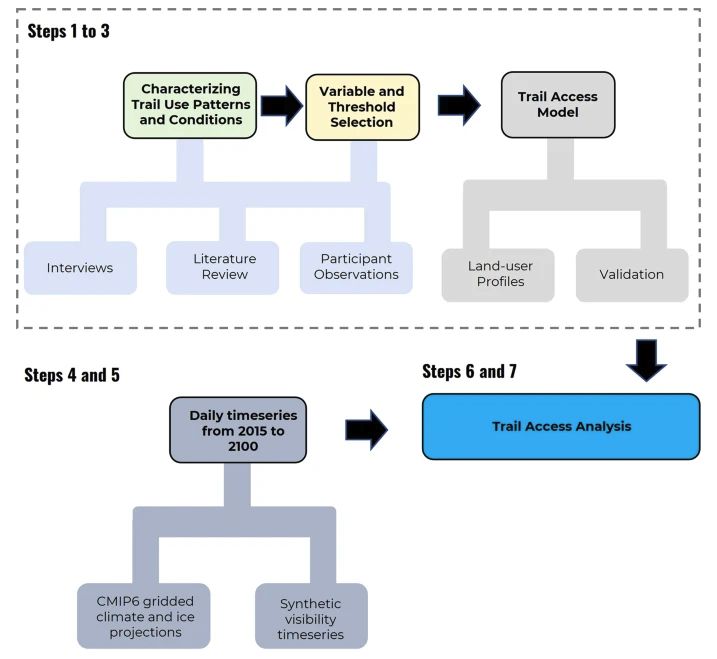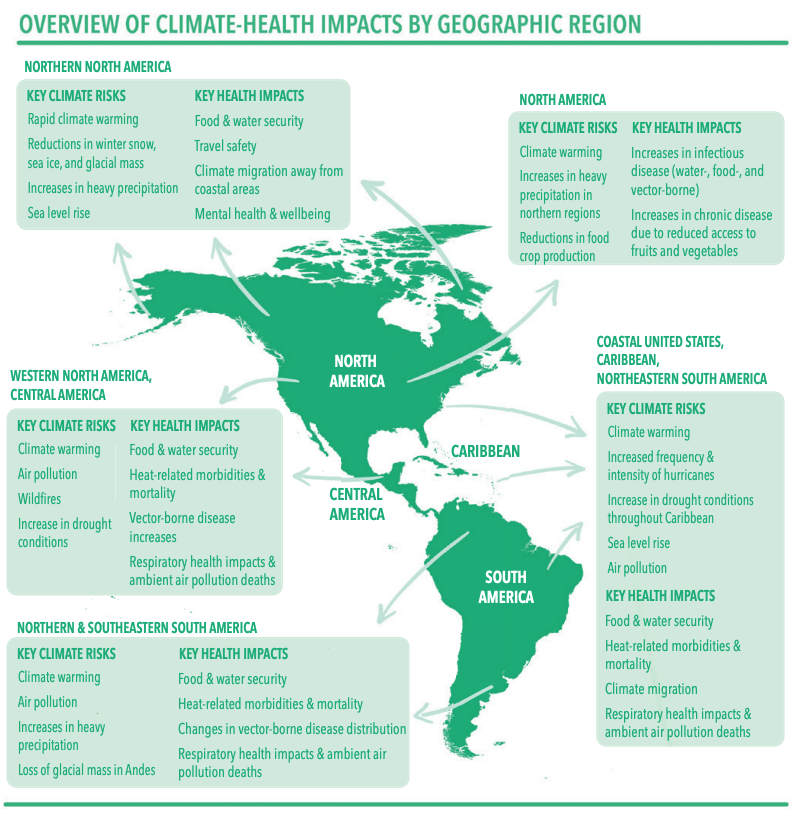Update by: Ellen Sykes
Further congratulations to Didacus Namanya, Agnes Kasede Napyo and other members of the IHACC Research team for a recent article, from July 2023, “Malaria Prevalence and Associated Risk Factors among Batwa Indigenous People of Kanungu District in Southwestern Uganda: Does “Place” Matter?” published in the Journal of Biosciences and Medicines.
Malaria is a vector borne disease that can be detected using rapid testing. Testing is particularly important when evaluating disease metrics within vulnerable populations such as Indigenous peoples. The Batwa Indigenous Peoples of Uganda have a higher incidence of malaria compared to national levels and even compared to non-indigenous populations in the same district. This study set out to evaluate the association between “place” and other risk factors among malaria prevalence in Batwa Indigenous Peoples. In conclusion, place was determined to be a factor in determining malaria presence as well as other factors such as age, elevation and gender. It is for these reasons that a hotspots intervention approach is recommended to reduce the malarial burden on this population.
Please access this publication here.




